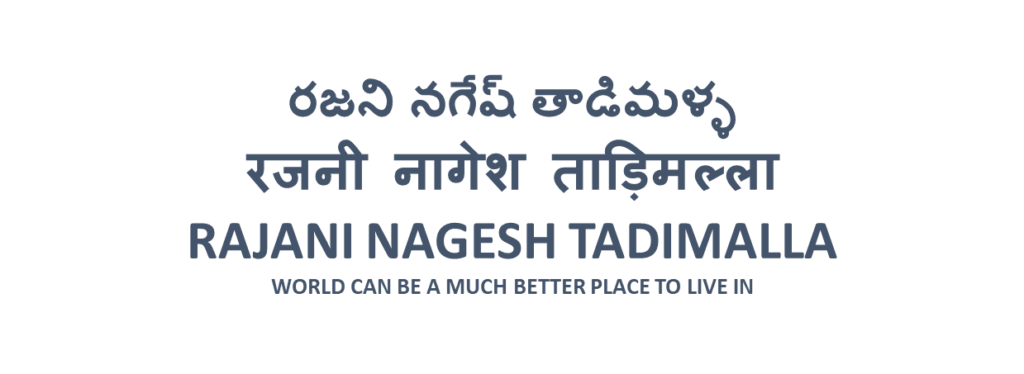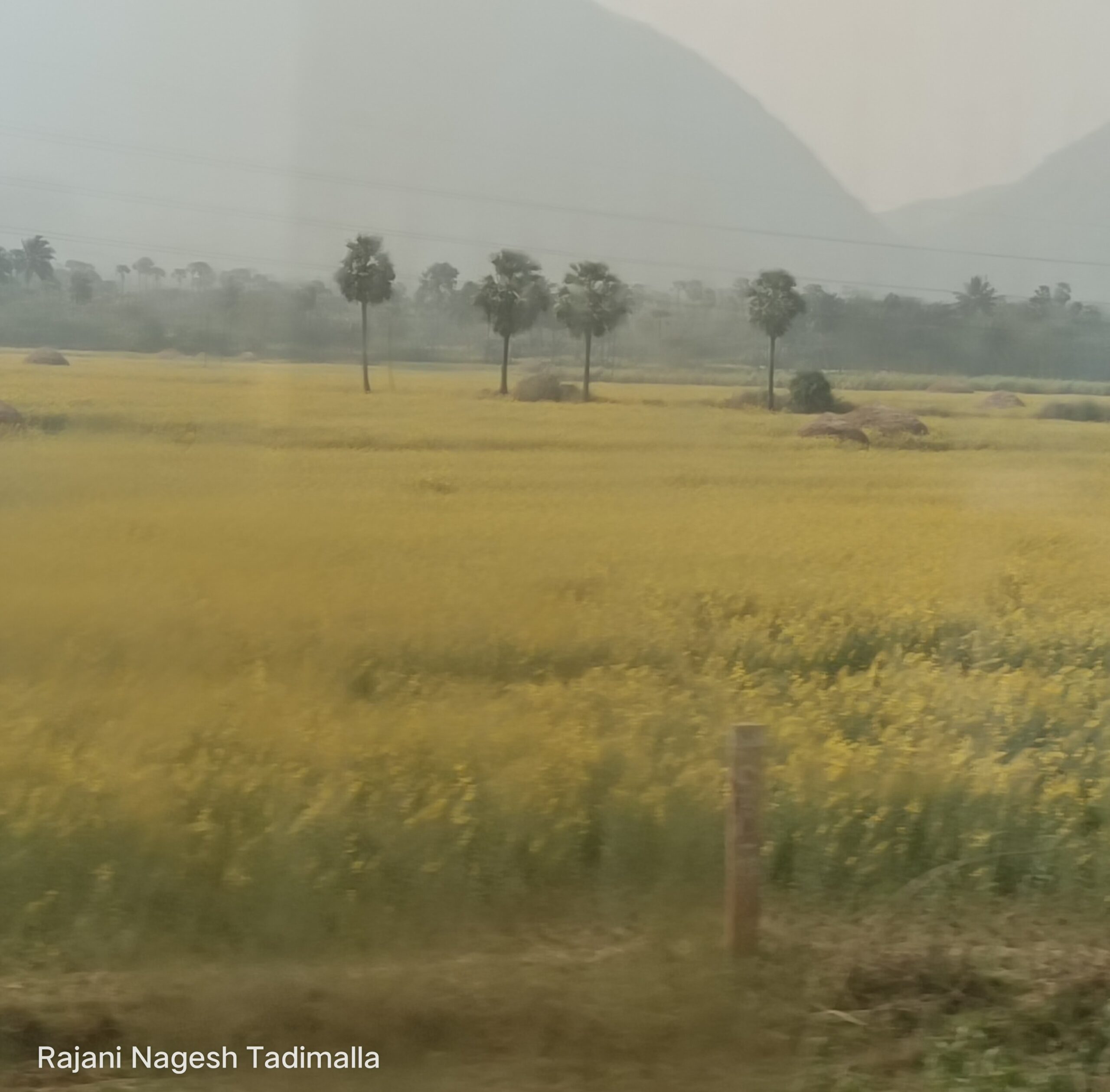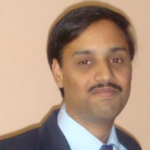Democracy with all its inherent flaws is still the best bet for the world. Elections play a pivotal role in democracy. Election fever has set in many of the countries going to polls this year. Here’s a look at some of the elections scheduled this year.
The Finnish will vote on January 22 to elect a new President. The Finnish elect the President by a direct vote. The Parliament enjoys more powers, but the President has say in foreign affairs. Eight candidates belonging to eight different parties are in the race for the President. Five of the candidates are less than 55 years of age. Paavo Arhinmaki, 34, of the Left Alliance is the youngest of the pack and Paavo Lipponen, 70, of the Social Democratic Party is the oldest among the candidates. In case none of the candidates succeeds in garnering more than 50% of the votes, the constitution provides for a second round of election between the top two candidates.
Election campaign is in top gear here in India as the five states of Goa, Manipur, Punjab, Uttrakhand and Uttar Pradesh are going for polls between January 28 and March 3. Corruption is one of the major issues in the elections. Both the major national parties – Indian National Congress (INC) and Bharatiya Janta Party (BJP) have a lot at stake in the Assembly elections. All eyes are on the verdict of the people of Uttar Pradesh, where both the parties have repeatedly failed to outshine the regional parties – Bahujan Samaj Party (BSP) and Samajwadi Party (SP) in the recent times. India will elect the next President in July in an indirect election. The results of the Assembly elections in the above states may have bearing on the selection of Presidential candidate. There has been an element of surprise in the choice of the Presidential candidate in the recent times. Continue reading this blog for update on the probable candidates.
Russians will vote for the next President on March 4. Russian Premier Vladimir Putin is the front runner for the top post. However, the path back to Presidency is not going to be an easy ride.
All eyes will be on Myanmar, where National League for Democracy (NLD) headed by Aung San Suu Kyi is all set to participate in the April 1 Parliamentary by-elections. The leader herself is contesting the elections. Although, only 48 seats are at stake in the by-elections, the participation of NLD holds high significance.
France is gearing up for the Presidential elections, with the first round set for April 22 and the final round scheduled for May 6. People vote to select the President directly. The elections are taking place at a time, when France’s unemployment rates stands close to 10% and the economic crisis looms large on the euro zone. France has also slipped from AAA to AA+ in the latest Credit Ratings by Standard & Poor, which has projected a negative outlook for the country’s debt. The incumbent President Nicolas Sarkozy is facing a tough fight from Socialist candidate Francois Hollande, Far-right’s Marine Le Pen, and the Centrist candidate Francois Bayrou.
Egypt is likely to have Presidential elections in June. Uprising, crisis and chaos over the last year attracted attention of the international community. The uprising resulted in the ouster of the Hosni Mubarak regime. Uprising also led to the change of guard in Libya. The situation in the Middle East and North Africa (MENA) region is far from stable as crisis continues in Syria.
Mexico is likely to hold Presidential elections on July 1. Organized crime has resulted in the loss of hundreds of lives in the country. The country faces the challenge of holding free and fair elections.
Amidst the looming economic crisis, Ukraine is due to hold Parliamentary elections in October. The government is facing stiff economic challenges. Poland and Ukraine are jointly hosting the Euro 2012, the UEFA European Football Championship. Kyiv (Kiev), the Ukrainian capital is scheduled to host the finals of the Championship. Although, UEFA Euro 2012 may bring joy to Ukrainians, the tournament presents additional challenge for the government in the prevailing economic scenario. As I write, the Ukrainian Finance Minister has tendered his resignation.
The countdown for the Presidential elections in United States (U.S) has begun. The country has a fairly complicated, but democratic process for selection of Presidential nominees. With the withdrawal of candidature by Jon Huntsman, five candidates remain in the fray for the Republican Presidential nomination. Mitt Romney is leading the pack, but has a long way to go. The candidates have to go through the process of caucuses and primaries, before the Republican party finally confirms a Presidential nominee later in the year. Voters select electors, who pledge to represent a particular Presidential candidate. The successful candidates of each state together referred to as “college of electors” or “electoral college” meet to vote for the President and the Vice President. U.S federal tax return forms have an option, wherein tax payers may allow $3 of their federal tax towards Presidential Election Campaign Fund (PECF). U.S goes to polls on Tuesdays. President Obama showed lot of hope, when he came to power in 2009. Has he succeeded in keeping the charm and people’s expectations? We will have to wait for the Americans to decide the fate of the electors in the November 6 elections.
South Koreans will vote for the National Assembly in April. Opinion polls have started in the country, which will hold Presidential elections in December. The media is portraying Ms. Park Geun-hye and Mr. Ahn Chul-soo as strong contenders for the year-end Presidential elections. South Korea goes to polls on Wednesdays. The elections also assume significance in the backdrop of change of guard in the neighboring North Korea.
Democracy has evolved over the years and will continue to evolve, albeit slowly. Stable, stronger and vibrant democracies are not only crucial for the economic development of the nations, but also for peace and harmony in the world.



